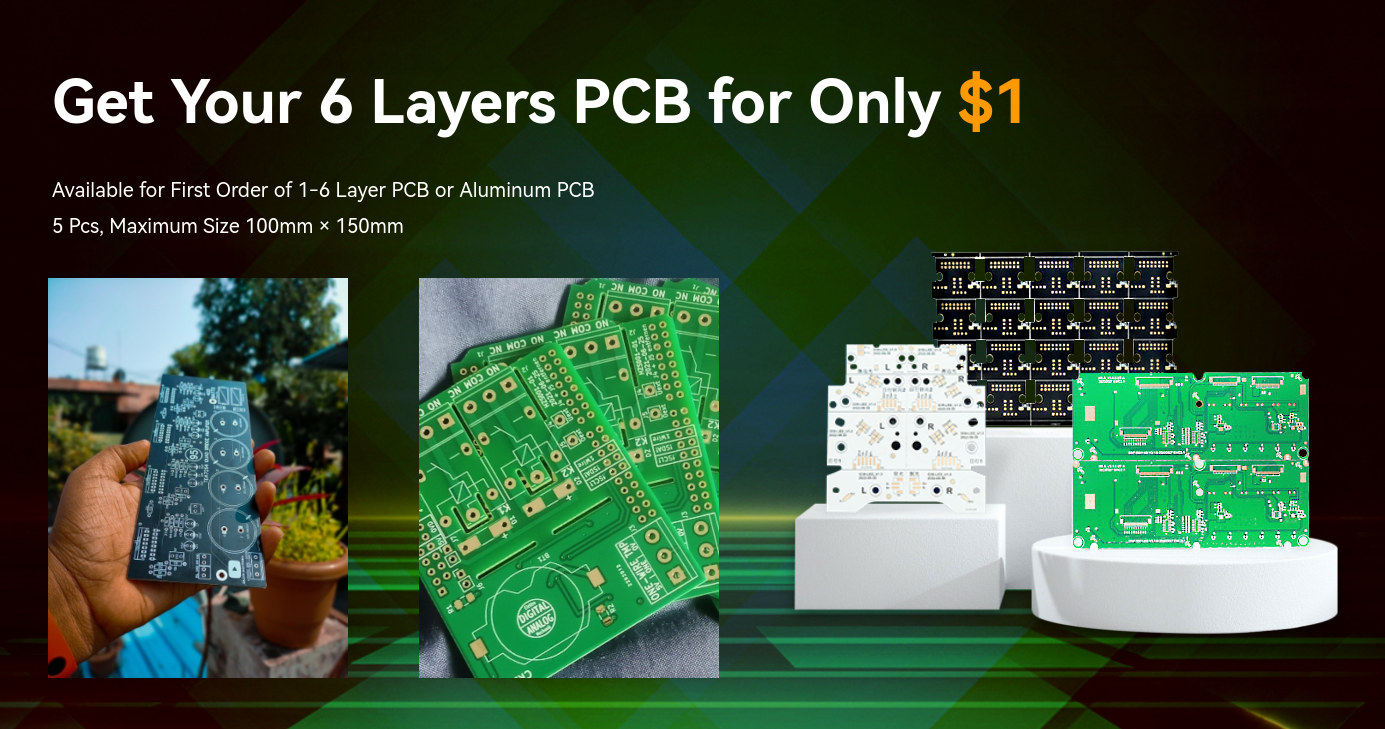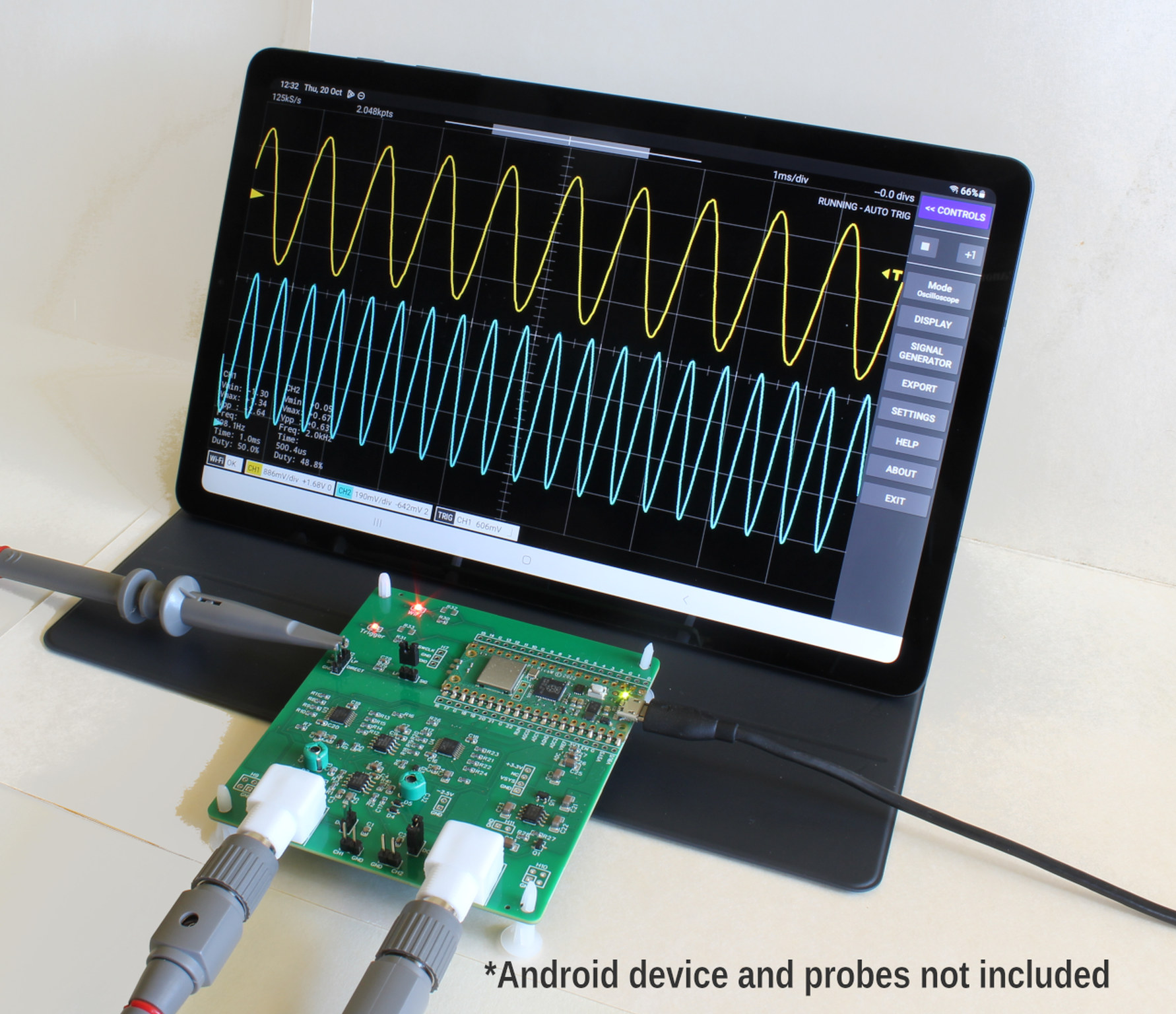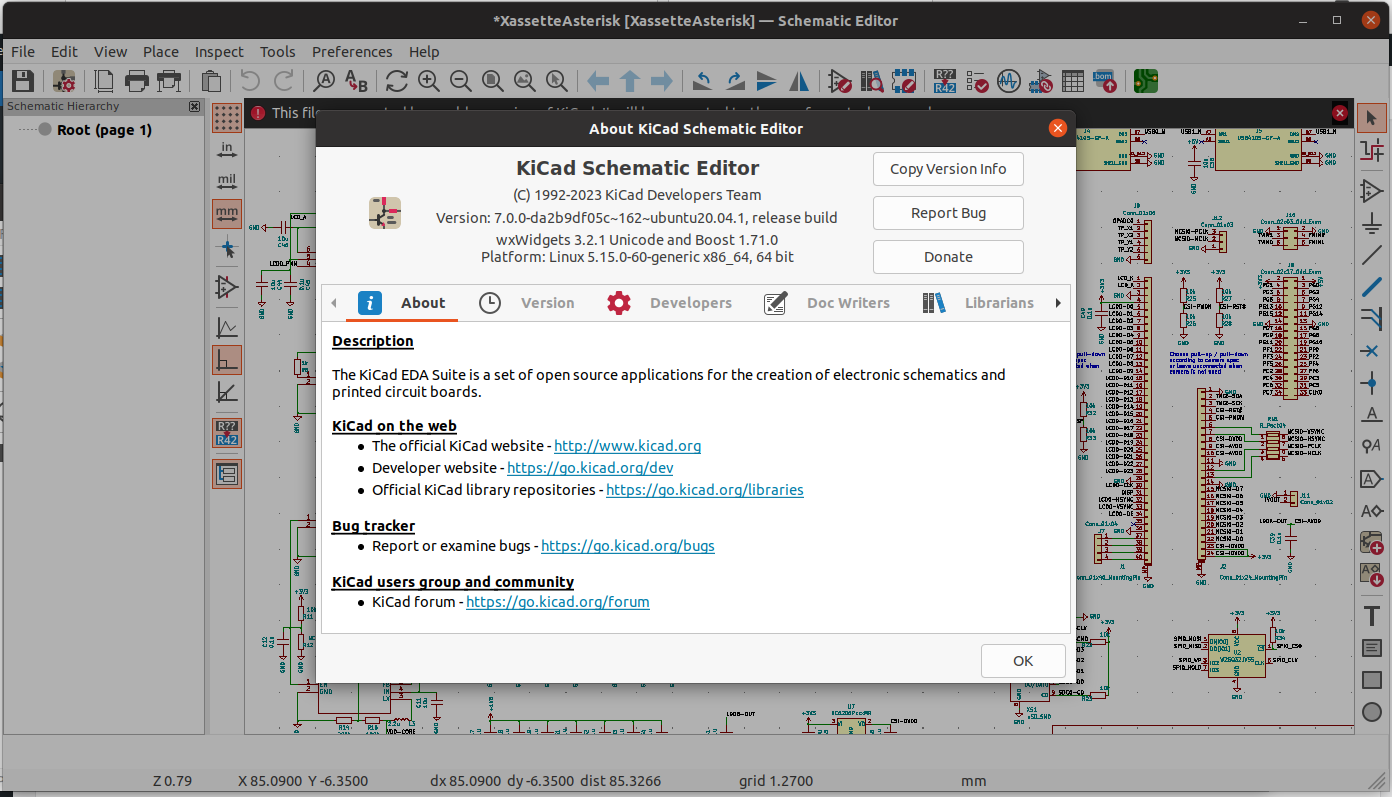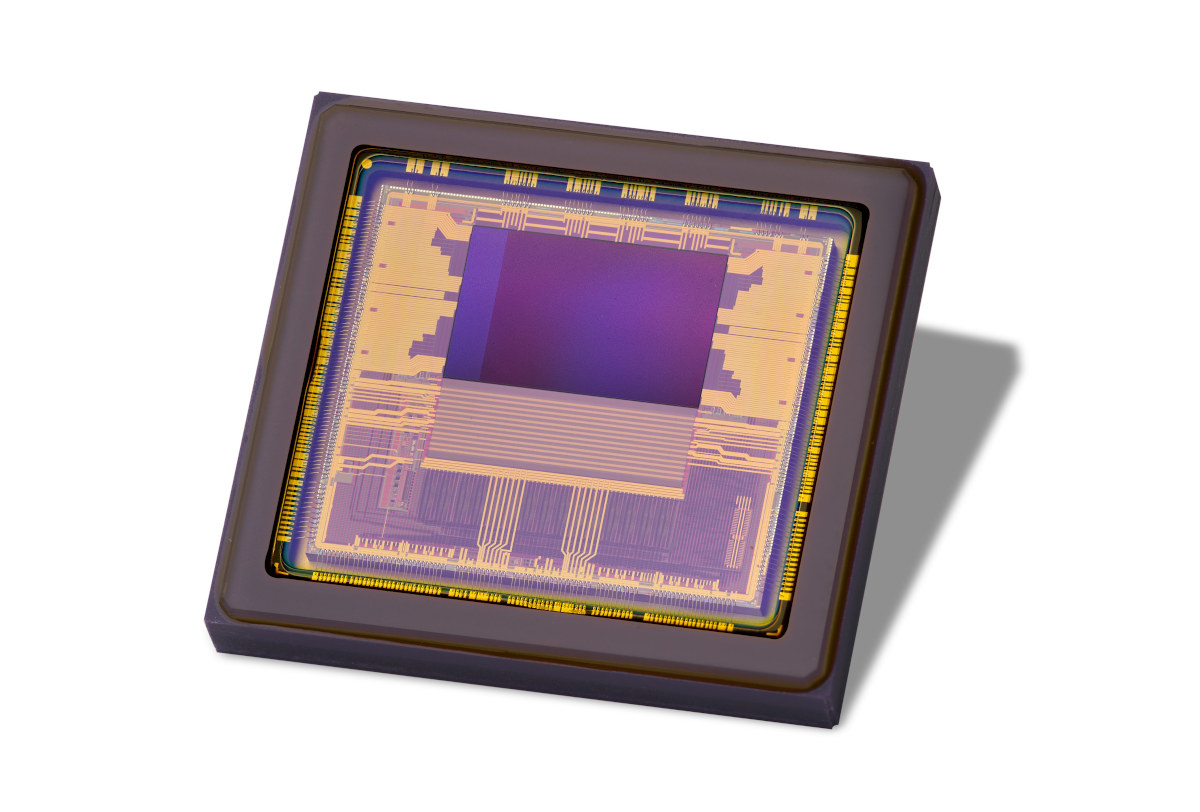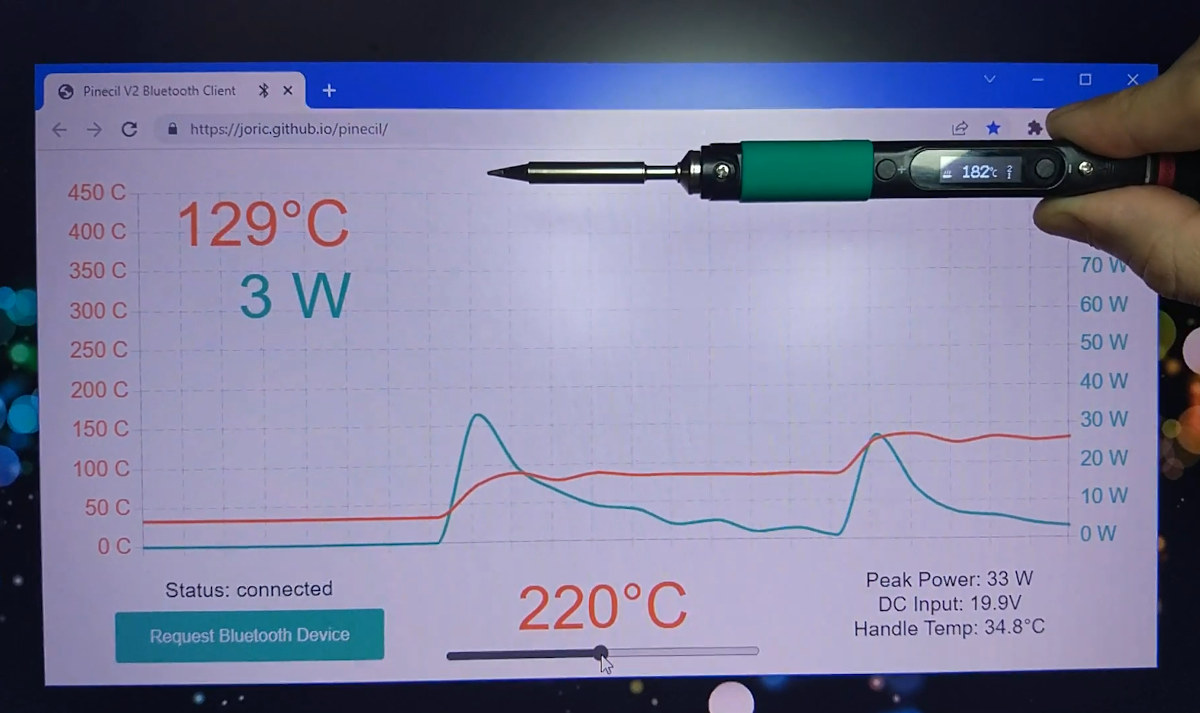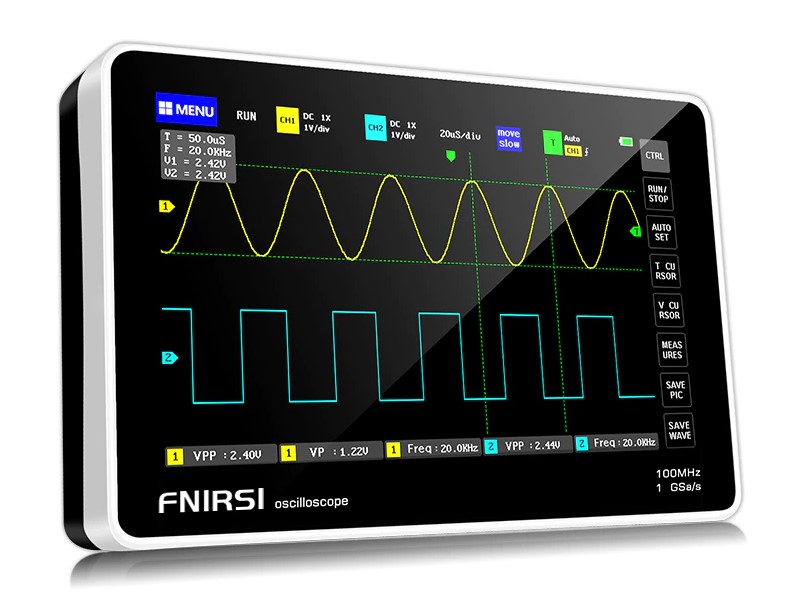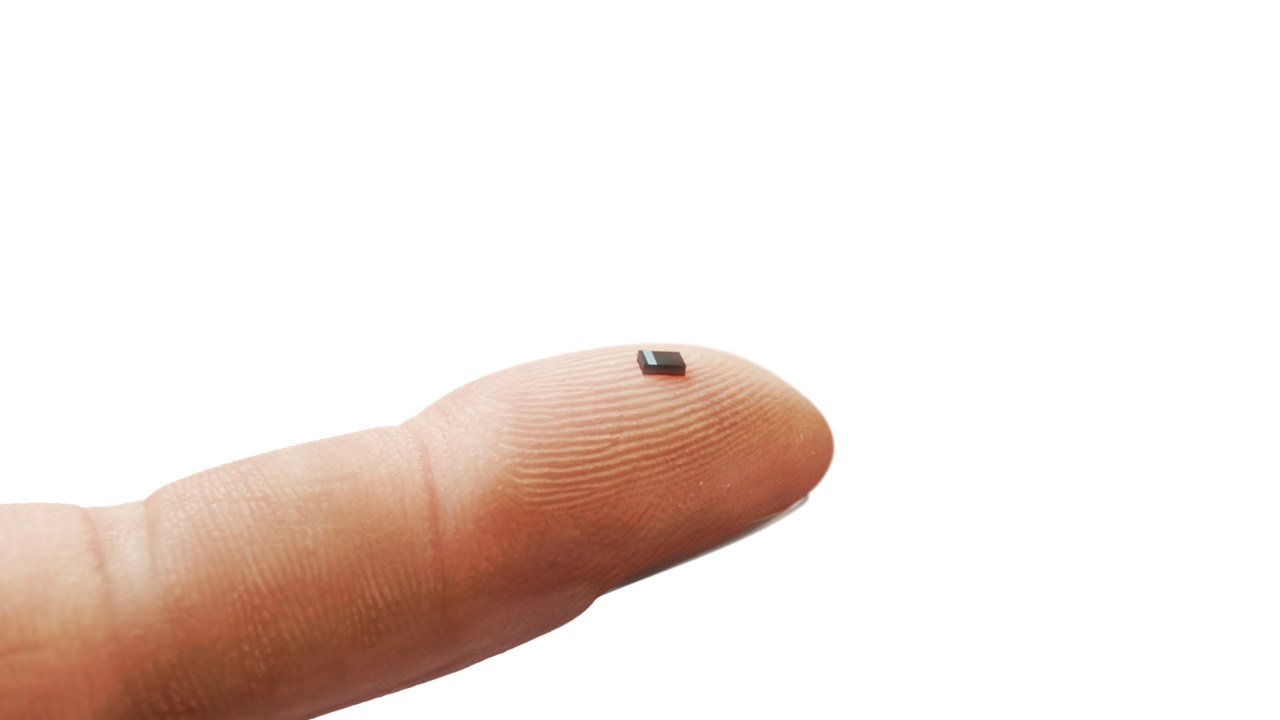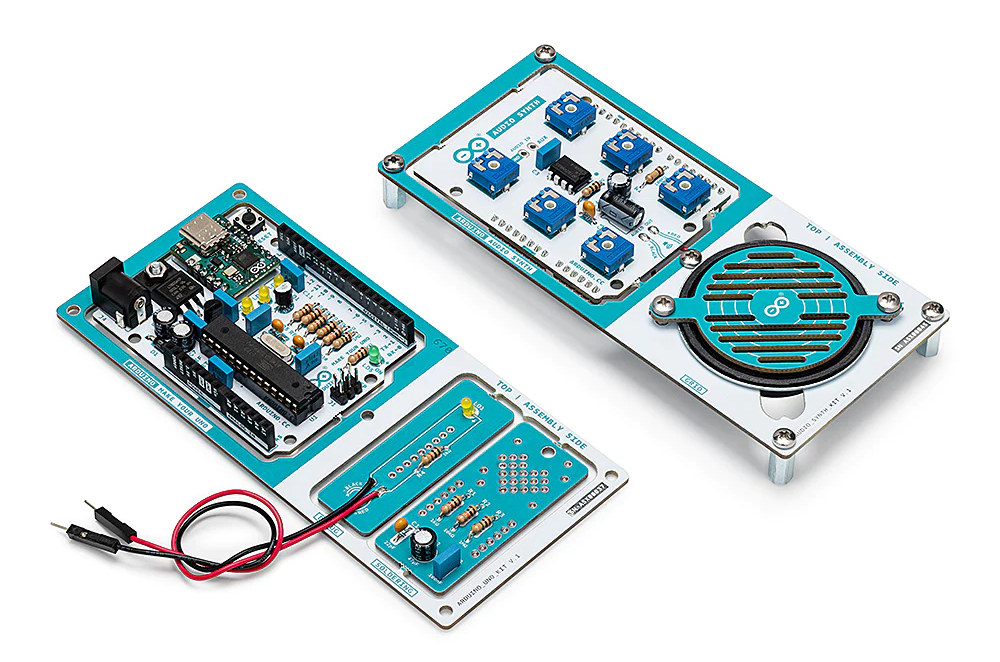ALLPCB is a PCB manufacturer founded in Hangzhou in 2015 that has built up a super Electronic Collaborative Manufacturing Service system (ECMS) covering PCB, SMT, Electronic components, and other fields. The company has now launched a promotion to lets hardware designers try out its services for only $1 for up to five pieces of 6-layer PCBs not exceeding 150x100mm in size. The company now has more than 170,000 customers from over 160 countries and processes 5,000 files daily with a 99.15% on-time delivery rate. ALLPCB serves customers in a wide range of sectors that cover consumer electronics, communication equipment, Industrial Control (ISC), electronic instruments and apparatus, intelligent hardware, Internet of Things (IoT) applications, Industry 4.0 solutions, and many more. If you want to give ALLPCB service a try for $1, go to the ordering page, select the number of layers and dimensions within the boundaries of the promotion, and click […]
2-channel DSO-500K WiFi oscilloscope is based on Raspberry Pi Pico W board
FHDM TECH DSO-500K is a 2-channel 500kS/s WiFi oscilloscope based on Raspberry Pi Pico W board that can also work over USB, and offers an analog bandwidth of up to 150kHz. We previously had seen the Raspberry Pi Pico board used as a logic analyzer, so it should come as no surprise that somebody has also come up with a Raspberry Pi Pico W-based oscilloscope that enabled visualization on Android over WiFi or USB. DSO-500K specifications and features (through the Scoppy app): MCU board – Raspberry Pi Pico W board with RP2040 dual-core Cortex-M0+ microcontroller, 2MB SPI flash, WiFi 4 and Bluetooth connectivity Sample rate – Up to 500kS/s sample rate (250kS/s with both channels enabled) Analog bandwidth – 150kHz Record length – 2048 samples per channel in RUN mode, 100kS total for single shot captures Inputs – BNC connectors or 0.1-inch headers Input Impedance – 1MΩ / 22pF Input […]
KiCad 7.0.0 release – Custom fonts, text boxes, SpaceMouse, crash reporting, and much more
KiCad 7.0.0 open-source EDA software has just been released with a range of new features from custom fonts to 3Dconnexion SpaceMouse integration to opt-in Sentry crash reporting, and many more changes. It took over three years between KiCad 5.0.0 and KiCad 6.0.0 announcements, but only a little over a year for the release of KiCad 7.0.0. Did KiCad developers acquire superhuman abilities or did AI get involved in the development somehow? Most probably not, and instead they change the release schedule to a yearly one, so we should get annual releases of the open-source EDA suite going forward, with KiCad 8.0.0 to be released in Q1 2024. Some notable changes to KiCad 7.0 include: Custom Fonts support is now available in the schematic, PCB, and worksheet editors to allow the use of any system font. Text box support was added in both the schematic and PCB editors. 3Dconnexion SpaceMouse support […]
Teledyne e2v releases Hydra3+ high-resolution ToF sensor with 832 x 600 resolution
Teledyne e2v Hydra3D+ is a high-resolution Time-of-Flight (ToF) CMOS image sensor with 832 x 600 resolution, designed for real-time 3D detection and measurement without motion artifacts. The first ToF sensor I used was an STMicro VL53L0X ranging sensor that could measure distances accurately and quickly up to 2 meters away, then the company started to launch multi-zone ToF ranging sensors such as the VL53 that enabled new features such as touch-to-focus, multiple-target identification, flash dimming, or video tracking assistance, and one variant used for human detection. But the 832×600 resolution of Hyrdra3D+ brings even more interesting use cases with the ability to create 3D maps in real time. Hydra3D+ ToF sensor specifications: Sensor Resolution – 832 x 600 pixels Aspect Ratio – 4 : 3 Size type – 2/3″ (10.3 mm diagonal) Pixel type/size – square – Three-tap global shutter – gated global shutter / 10 μm Maximum frame rate […]
Pinecil V2 Bluetooth LE soldering iron gets a web interface
It’s now possible to make use of the Pinecil V2 soldering iron‘s Bluetooth LE connectivity through a web-based interface used to monitor and/or set the temperature and power of the RISC-V soldering iron. When the Pinecil V2 soldering iron was launched with a Bouffalo Lab BL706 RISC-V Bluetooth microcontroller last summer, we were told there were main potential cases to make use of the Bluetooth LE features: OTA firmware upgrade and remote telemetry and control. The latter is now being taken care of by Joric who has written a web application to visualize telemetry data and even control the temperature of the soldering iron. To be able to use the Bluetooth features, you’ll first need to install the latest Pinecil V2 firmware with blisp flashing utility before going to https://joric.github.io/pinecil to pair your soldering iron as explained in the wiki. Note the implementation relies on the Web Bluetooth API which […]
FNIRSI 1013D teardown and mini review – A portable oscilloscope based on Allwinner CPU & Anlogic FGPA
The FNIRSI 1013D is a dual-channel flat-panel oscilloscope with a rich set of features. It is cost-effective and useful to people in the maintenance and R&D industries. Although it has been on the market for a few years, I purchased one, and I decided to introduce it and disassemble it to check out the hardware design. FNIRSI describes its oscilloscope as “small and portable”, so I assume it should include a lithium battery, a TFT LCD screen, a processor to handle the display, and another chip to process the digital signals. Let’s take it apart first to find out. FNIRSI 1013D oscilloscope unboxing FNIRSI 1013D package content: 1x FNIRSI 1013D oscilloscope 2x 100MHz matching probes (1X and 10X) 1x USB cable 1x Charging adapter 1x Instruction manual The FNIRSI 1013D adopts a 7-inch 800 x 480 resolution color TFT LCD with a capacitive touch screen. There are two input channels […]
This is what a 100 µAh micro-battery looks like
Electronic components have shrunk a lot over the year, but batteries are usually one of the larger items in a design. ITEN changes that with solid state lithium-ion micro-batteries in the shape of SMD components with up to 100 µAh capacity. This is clearly not going to power your next smartphone, but ITEM micro-batteries could be found in ultra-low-power sensors potentially replacing non-rechargeable coin cell batteries with much higher capacities (e,g. 100 mAh). ITEN says their solid-state micro-batteries are superior to coin cell batteries because those are polluting, difficult to assemble on PCB, costly to recycle and require periodic maintenance once a battery is depleted. In addition, some low-power embedded systems still require high current pulses for instance to drive RF transceivers or actuators leading hardware engineers to rely on oversized coin cell batteries as those can only deliver small currents. The carbon footprint of such batteries is claimed to […]
Learn soldering and programming with the Arduino Make Your UNO Kit
Arduino Make Your UNO Kit is a kit with two boards, one for the microcontroller and the other for audio, and all components required that can be used to learn how to solder and then Arduino programming. Once soldering and assembly are complete you’ll hopefully get a working Arduino UNO and an audio synthesizer shield. But before you get there, you’ll need to equip yourself with a soldering iron and some soldering tin to solder the components below to the two PCBs. Package content: Arduino Make Your UNO board’s components Make Your UNO PCB Socket for ATMega328p MCU Microchip ATmega328p 8-bit AVR microcontroller USB Type-C serial adapter board Various 1k Ohm, 10k Ohm. and 1M Ohm resistors 3x Ceramic capacitors (22pF) 3x Electrolytic capacitors (47uF) 7x Polyester capacitors (100nF) 1x 1N4007 diode 1x 16MHz crystal 4x Yellow LEDs, 1x Green LED 1x Push-Button 1x MOSFET 2x I/O connectors 6-pin header […]


